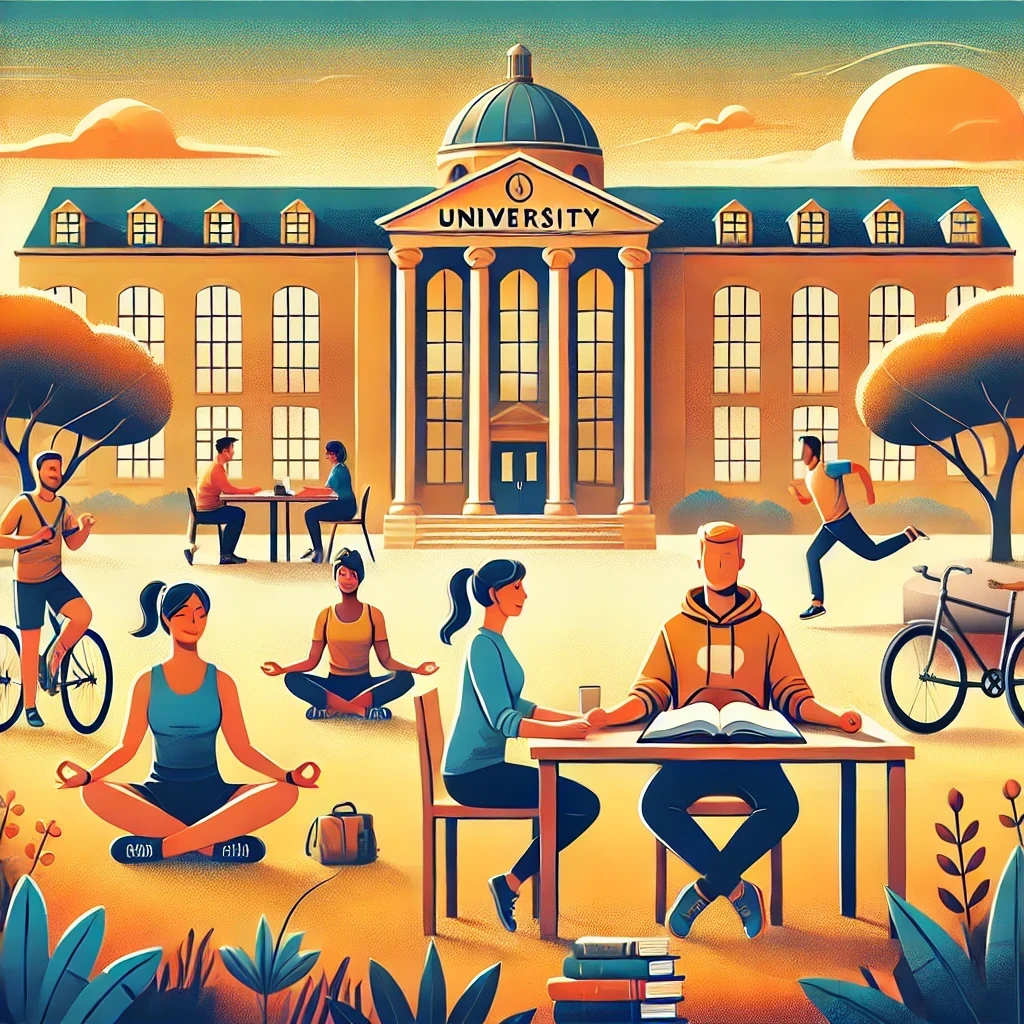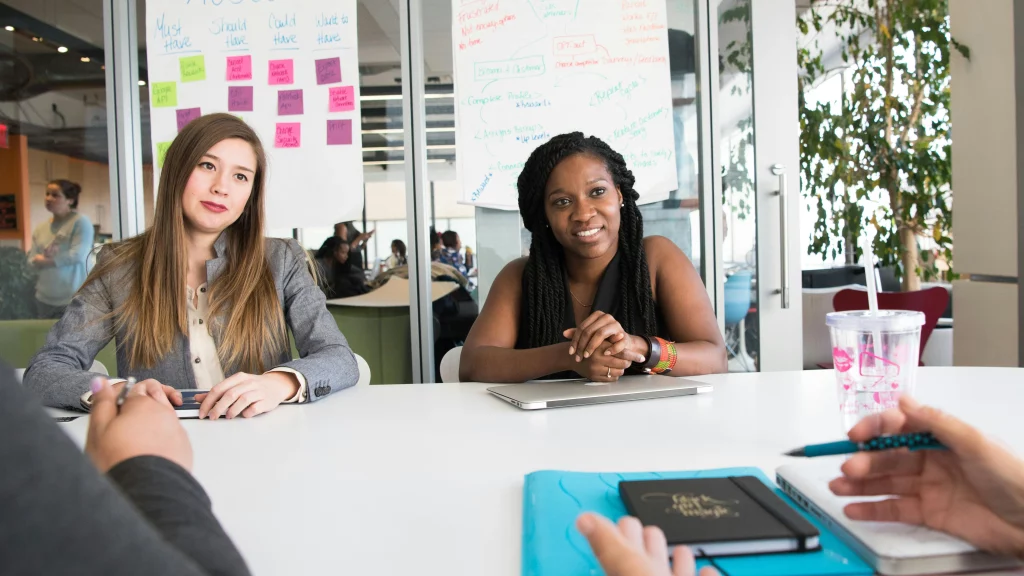10 Wellbeing Tips For A Happier & Healthier Life

In our fast-paced world, prioritising wellbeing is more important than ever. Whether you're balancing work, studies, or personal commitments, taking care of your mental and physical health is crucial. Here are ten simple yet powerful ways to enhance your wellbeing.
1. Step Outside and Embrace Nature 🌿
Spending time outdoors is one of the easiest ways to refresh your mind. Whether it’s a walk around your neighbourhood, a trip to a park, or exploring a nature reserve, fresh air and natural surroundings can help reduce stress, boost mood, and improve overall mental clarity.
2. Prioritise Self-Care 🛀
Building a self-care routine helps you start and end your day feeling centred. This can be as simple as using a facial cleanser you love, lighting scented candles, or practising meditation.
3. Fuel Your Body with Nutritious Foods 🥗
A balanced diet plays a huge role in your wellbeing. Reducing processed foods and sugary drinks while increasing your intake of whole foods can boost your energy and improve concentration.
4. Get Quality Sleep 😴
Sleep is a pillar of wellbeing. A well-rested mind and body are more productive, resilient, and happier. Try to maintain a consistent sleep schedule, avoid screens before bedtime, and create a relaxing bedtime routine.
5. Move Your Body Regularly 🏃♀️
Exercise isn’t just for fitness; it’s for mental health too. Whether it’s walking, yoga, strength training, or playing a sport, physical activity releases endorphins, reducing stress and anxiety.
6. Stay Connected with Loved Ones 💬
Social connections are vital for emotional wellbeing. Spending time with family and friends can provide support, laughter, and a sense of belonging.
7. Do What Makes You Happy 🎶📖
Engaging in activities that bring joy can significantly improve your mental health. Whether it's watching your favourite film, reading a book, playing music, or painting, setting aside time for personal enjoyment is essential.
8. Organise Your Space 🏡
A cluttered environment can lead to a cluttered mind. Keeping your living and working spaces clean and organised can enhance focus, reduce stress, and improve overall productivity.
9. Keep a Journal 📓
Writing down your thoughts, feelings, and goals can help you process emotions and gain clarity. Journaling can also boost gratitude and mindfulness, leading to a more positive mindset.
10. Take a Break from Social Media 📵
Social media can be overwhelming and sometimes negatively impact self-esteem and mental health. Consider taking breaks to reconnect with real-life experiences.
Final Thoughts
Your wellbeing is an ongoing journey, and small, consistent changes can have a lasting impact. Prioritising your mental and physical health is not just about feeling good—it’s about thriving in all aspects of life.
For more wellbeing advice, check out these helpful resources:
What are your favourite wellbeing practices? Share your thoughts in the comments! 💬



